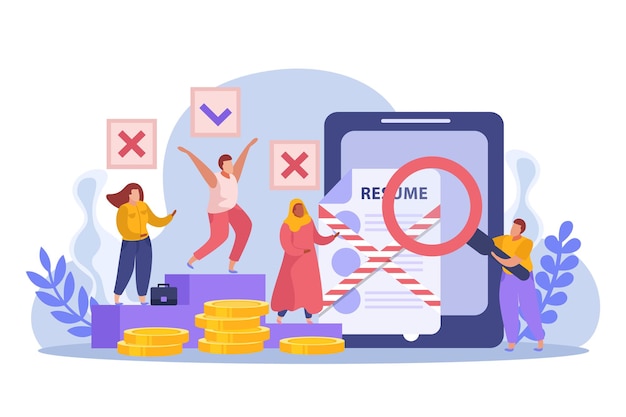Looking to put some money aside for your golden years while enjoying tax perks, just like folks with employer-sponsored retirement plans? The Simplified Employee Pension Individual Retirement Account (SEP IRA) is your friend. It’s a less complicated and cheaper alternative to a solo 401(k).
So, what’s a SEP IRA? It’s a type of IRA that offers tax benefits and lets you invest in a variety of publicly-traded assets like stocks, bonds, ETFs, mutual funds, and REITs. You can open one with any traditional investment brokerage like T. Rowe Price, Fidelity, or Vanguard. You’re in charge of your investments and can add funds or trade investments anytime through your brokerage.
But remember, these accounts are designed for retirement. The government won’t let you take out money until you hit retirement age.
Now, SEP IRAs do come with rules and restrictions. First off, you need to be self-employed to open one. This includes small business owners, freelancers, gig workers, and other self-employed folks. But if you have employees and open a SEP IRA, you must let your employees join in too. You’ll need to contribute the same percentage of their income to their SEP IRA as you do to yours.
For instance, if you put 10% of your income into your SEP IRA, you’ll need to do the same for each qualifying employee. This makes SEP IRAs a great fit for solo entrepreneurs without employees or small family businesses where you’re okay with contributing to your kids’ retirement accounts.
Eligible employees are those who are 21 or older, earn at least $650 a year, and aren’t part of a collective bargaining agreement. You don’t need to contribute for workers in other countries. Plus, you’re not locked into a specific contribution percentage each year. If business is slow, you can contribute less or even nothing to your and your employees’ SEP IRAs.
On the tax front, you get an immediate tax deduction for the amount you contribute to your SEP IRA. But unlike traditional IRAs or 401(k)s, there’s no Roth option for SEP IRAs. You can’t pay taxes on SEP IRA contributions now to enjoy tax-free growth and withdrawals in retirement. However, you can roll over funds from your SEP IRA to your Roth IRA later.
You can contribute up to 25% of your self-employed income to a SEP IRA, with a cap of $58,000 for 2021 and $61,000 for 2022. There’s no income limit for eligibility. This makes SEP IRAs a more flexible option than traditional IRAs for most Americans, allowing for higher contributions. And yes, you can contribute to both a SEP IRA and a traditional or Roth IRA in the same year.
But unlike traditional and Roth IRAs, SEP IRAs don’t offer a higher catch-up contribution limit for those 50 and over. And because you get an immediate tax deduction on your contribution, you’ll need to pay taxes on withdrawals in retirement. If you withdraw before age 59 ½, you’ll face a 10% early withdrawal penalty plus taxes, just like traditional IRAs. And you’ll need to start taking required minimum distributions (RMDs) by age 72.
You can contribute to your SEP IRA until the tax filing deadline, usually April 15. But remember, filing for a tax extension doesn’t change your contribution deadline.
Like all retirement plans, SEP IRAs have their pros and cons. On the plus side, they offer high contribution limits, the ability to contribute to multiple accounts, flexible investment options, easy setup and management, and flexible contributions. On the downside, you must offer them to qualifying employees, you can’t borrow against your SEP IRA balance, there’s no Roth option, no higher catch-up contribution limit for older workers, and you’ll need to start taking RMDs at age 72.
In conclusion, SEP IRAs can be the perfect retirement plan for sole proprietors, business partners with no employees, and small family businesses. They offer high contribution limits, full control over your investments, and none of the administrative headaches and fees of 401(k)s. But if you have employees, remember that you’ll need to contribute to their retirement accounts too. It’s a good idea to chat with a tax advisor before setting up a SEP IRA plan for your business. All in all, SEP IRAs are a smart and streamlined way for entrepreneurs and freelancers to save for retirement.
